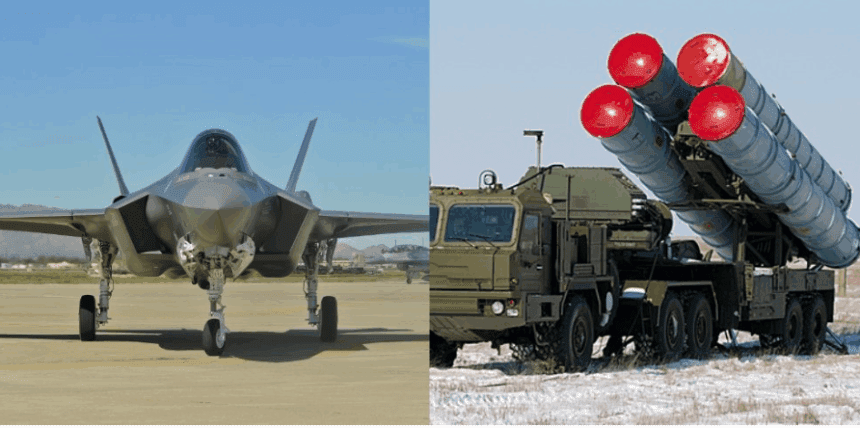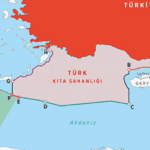The long-standing standoff between Turkey and the United States over Ankara’s purchase of a Russian air defense system could be resolved by the end of the year, according to U.S. Ambassador to Turkey Tom Barrack.
Speaking to Turkey’s state-run Anadolu Agency on Sunday, Barrack said both U.S. President Donald Trump and Turkish President Recep Tayyip Erdoğan are expected to direct their top diplomats to work toward a solution. He also expressed confidence that the U.S. Congress would support what he called a “smart resolution.”
“My belief is that by the year end, we have the possibility of having a solution. My belief is they’re going to solve the problem,” Barrack said.
The dispute dates back to 2020, when Turkey received its first shipment of Russia’s S-400 missile defense system. In response, Washington imposed sanctions on Turkey’s defense industry under the Countering America’s Adversaries Through Sanctions Act (CAATSA) and expelled Ankara from the F-35 joint strike fighter program, citing security concerns over the integration of Russian hardware into NATO systems.
“All these things that have been discussed for five years — F-35s, F-16s, S-400s, sanctions, tariffs… Enough,” said Barrack. “We have to put that aside, and Congress is willing to take a fresh look at it.”
“I believe by the year-end, we have the possibility of having a solution,” he stated, noting that both Trump and Erdoğan are instructing their top diplomats to “end it, figure out the way and end it.” Congress, he added, would support a “smart, intelligent conclusion.”
He emphasized Turkey’s significance to NATO’s defense ecosystem, including its production role in the F-35 supply chain and its payment for F-16s and their modernization. “Let’s start fresh,” he urged, highlighting a mutual desire for moving from a purely defensive alliance to a broader strategic partnership.
Turkey has repeatedly urged the U.S. to lift the sanctions and allow it to rejoin the F-35 program. In March, President Erdoğan publicly called on Trump to finalize a long-delayed deal for the sale of F-16 fighter jets and normalize defense relations between the two countries. Erdoğan has claimed that the sanctions were already relaxed under Trump’s leadership.
On Tuesday, the two leaders met on the sidelines of the NATO summit in The Hague, where Erdoğan reiterated Turkey’s desire to deepen defense cooperation with the U.S. He argued that progress in the defense sector could contribute significantly to achieving a bilateral trade target of $100 billion.
“Advancing cooperation in the defense industry would facilitate achieving the goal of a $100 billion trade volume,” Erdoğan said.
In the meantime, Turkey is exploring alternative options to modernize its air force, including the potential purchase of 40 Eurofighter Typhoons from a European consortium made up of the United Kingdom, Germany, Spain, and Italy.



